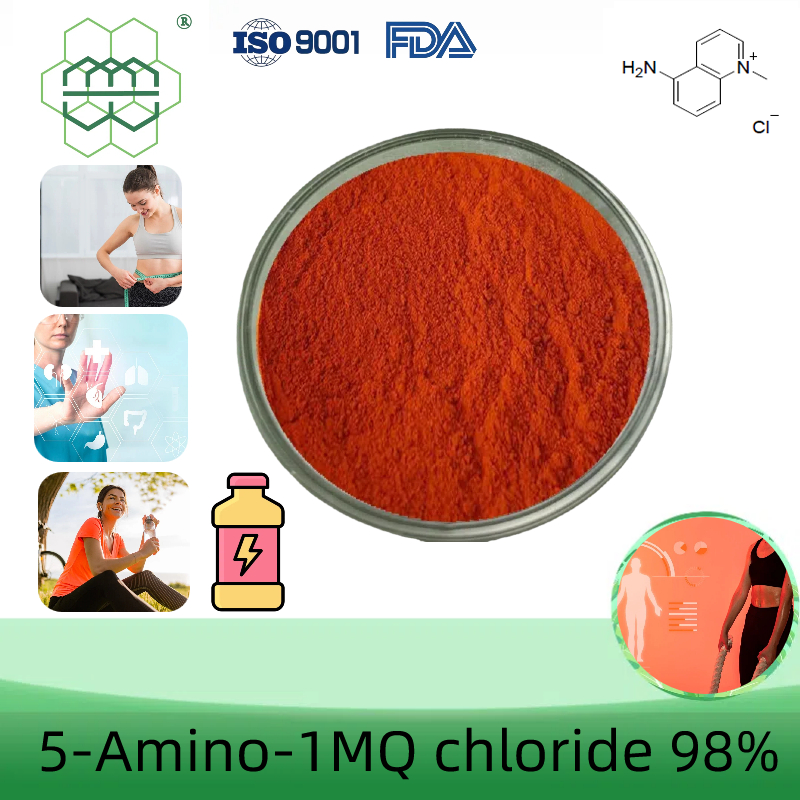-
Categories
-
Pharmaceutical Intermediates
-
Active Pharmaceutical Ingredients
-
Food Additives
- Industrial Coatings
- Agrochemicals
- Dyes and Pigments
- Surfactant
- Flavors and Fragrances
- Chemical Reagents
- Catalyst and Auxiliary
- Natural Products
- Inorganic Chemistry
-
Organic Chemistry
-
Biochemical Engineering
- Analytical Chemistry
-
Cosmetic Ingredient
- Water Treatment Chemical
-
Pharmaceutical Intermediates
Promotion
ECHEMI Mall
Wholesale
Weekly Price
Exhibition
News
-
Trade Service
In the past decade, China's liquor industry has experienced a series of upgrades such as the focus on famous wines, the reshaping of aroma types, and category innovation, and in the face of the profound changes brought about by the digital economy in production, lifestyle and consumption habits, the liquor industry, as an important component of the real economy, is facing new competition and challenges
.
In the context of accelerating the development of the digital economy in the world, in recent years, liquor enterprises have made efforts to digital transformation and create their own digital marketing system, laying a good foundation
for the vigorous development of the "14th Five-Year Plan" period.
The state's support for the digital economy industry will also provide huge market opportunities
for China's liquor industry.
From the policy level, China's focus in the next five years is to build a modern industrial system, adhere to the focus of economic development on the real economy, focus on promoting new industrialization, and accelerate the construction of a manufacturing power, a quality power, a space power, a transportation power, a network power, and a digital China
.
This means that starting from quality, based on the network, starting from digital marketing, and aiming to build a high-quality market model will become an important breakthrough for China's liquor industry to achieve from stock competition to incremental innovation
.
In terms of industrial trends and consumption increments, in the past decade, new progress
has been made in expanding domestic demand to promote consumption.
On the basis of China's total retail sales of consumer goods reaching 44.
1 trillion yuan in 2021, rural e-commerce has sprung up, and the scale of online shopping users nationwide has exploded, reaching 842 million; China's online retail scale has grown significantly, with online retail sales reaching 13.
1 trillion yuan, an increase of 9 times over 2012, and has become the world's largest online retail market
for nine consecutive years.
From the above data, it can be seen that China's online retail market has greatly released consumption potential and made an important contribution
to the growth of total retail sales of social consumer goods.
Under the full popularization of Internet technology and consumption, new business models such as digital technology and online and offline integration have developed rapidly in the past decade, and with the continuous improvement of the consumption level of Chinese residents has been accompanied by the continuous emergence of new needs such as high-quality consumption and personalized consumption
.
From the perspective of digital technology, the digitalization of the liquor industry is promising, feasible and necessary
.
The usual marketing and channel model of the liquor industry is usually defined as a traditional model, relatively speaking, the digital economy is regarded as a representative of the modern economy and a model of the new market model, such as the liquor metaverse as a new marketing model, although it is not yet recognized and accepted by liquor companies accustomed to the traditional business model, but the early test of the waters, has taken the lead
in metaverse products and marketing 。 The birth of the digital economy has brought profound changes in production methods, lifestyles and governance methods, and how to further enhance the competitiveness of products, how to empower the upgrading of the liquor industry through digitalization and effectively deploy digital marketing in view of the resulting product upgrades, marketing changes and changes in user consumption habits, is a problem
that every production area leader and liquor brand leader must face.
From the perspective of channel change, under the epidemic, although the traditional channel model of the liquor industry has been greatly impacted and affected, the market demand for alcohol retail has not disappeared, but the consumption scene, consumption habits, consumption patterns have undergone a silent change, this change, just for the alcohol new retail enterprises to provide a good opportunity for transformation and upgrading, alcohol new retail head enterprises can rely on their relatively complete online sales and distribution system, actively promote the online process of alcohol consumption, and win competition in the incremental market
。
Along with this trend will be a game of new and old channels, and under the new retail model, the pricing power of products will gradually be transferred to consumers
.
With the advantages of channel interoperability, digitalization, and scenario-based activities, fully activating the retail market and bringing consumers a varied, low-priced, and guaranteed wine buying experience will become the only way
for wine companies to obtain new market additions under the new retail model.
From the perspective of new retail, e-commerce, as a typical representative of the digital economy, is not only a concrete product of the deep integration of digital technology and the real economy, but also an effective carrier for continuously promoting new industries, new formats and new models, and an important force
for stable growth, employment, people's livelihood and consumption.
Although the new retail of alcohol ushered in the first round of rapid growth after 2015, compared with the rapid development of new retail formats in other industries, new retail of alcohol appeared to be "stagnant"
.
In the current total turnover of 1.
5 trillion yuan of Chinese alcohol, the share of all alcohol e-commerce + alcohol new retail market accounts for less than 5% of the entire industry, and there is still a lot of room to be tapped
.
Under the stock competition pattern, this year, the field of alcohol circulation has shown a development trend of branding, digitalization, specialization and diversification, alcohol e-commerce and new retail have made the liquor market channel more transparent, and the new retail model under the continuous improvement of instant delivery services has brought more opportunities for product direct supply, promoting the competitive factors of liquor to gradually focus on brand, culture and category, quality dimension, and rapidly leap
towards the high-end market.
In the end, in China's liquor industry, it remains to be seen who can enjoy the dividends of industrial development under the trend of digital economy
.
(Source: CADA, China Wine Industry Association)
China Food News(Version 04, December 05, 2022)
(Responsible editor: Gu Yufei).







